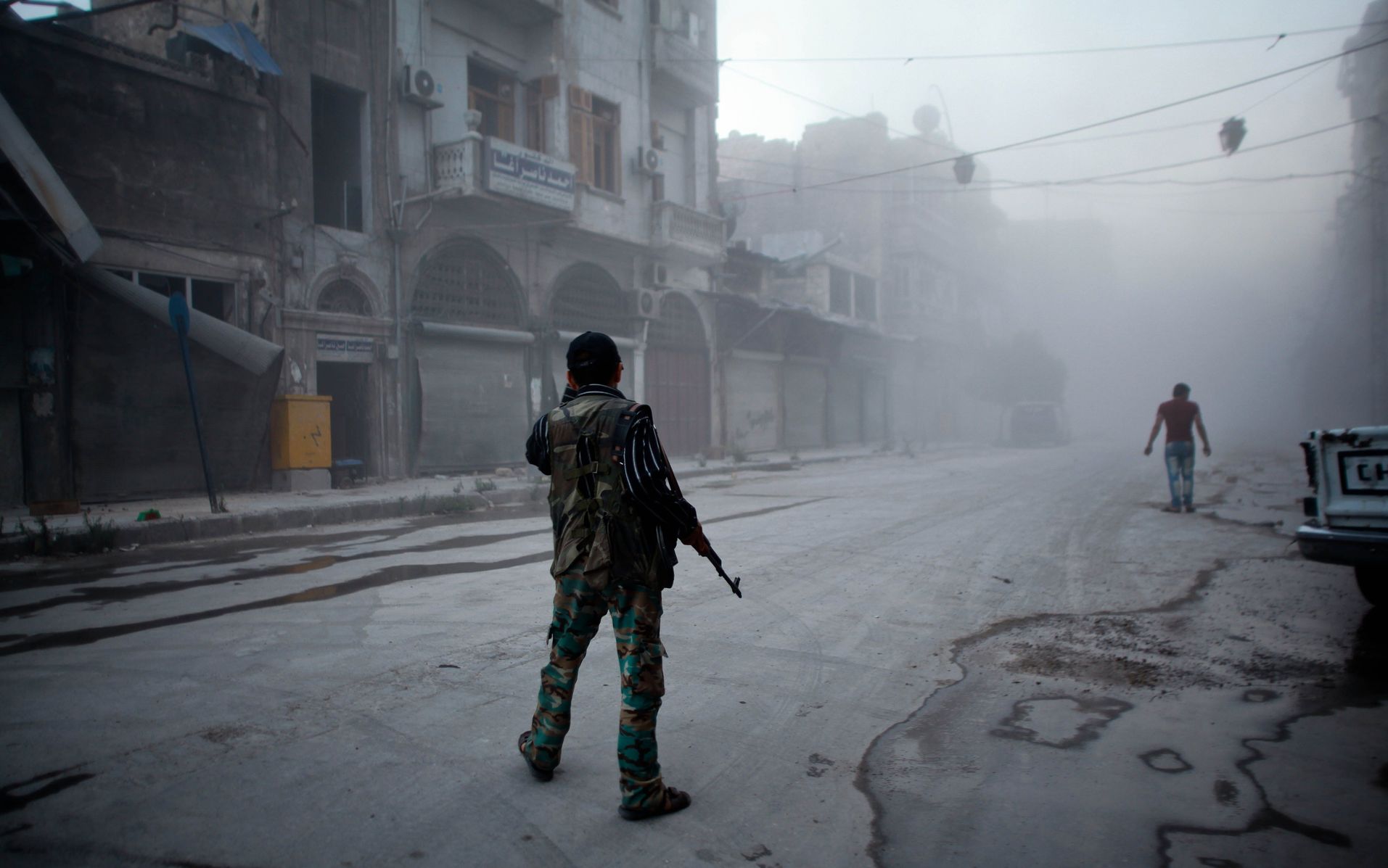The Islamic State group has lost 22 percent of the territory it held at the start of 2015, military analysts IHS Jane’s said Wednesday, as US and Russian air strikes have helped the ISIS’s opponents advance.
IS controls swathes of territory in Iraq and Syria but lost 14 percent of it last year and a further eight percent this year, according to the IHS Conflict Monitor.
IHS Jane’s said the jihadists controlled 73,440 square kilometres (28,360 square miles) of ground as of Monday, an area equivalent to around half the size of England.
The Syrian government has made gains in the west of the country and is now five kilometres outside the ancient city of Palmyra, which was overrun by IS fighters in mid-2015.
“The Islamic State is increasingly isolated, and being perceived as in decline,” said IHS senior analyst Columb Strack.
He said the group’s reversal of fortunes “plays into the hands” of its main rival, Al-Qaeda’s Syrian affiliate the Al-Nusra Front.
“Isolation and further military defeats will make it harder for the Islamic State to attract new recruits to Syria from the pool of foreign jihadis,” said Strack.
Following the loss of the strategically important town of Tal Abyad on Syria’s border with Turkey last year, IHS began to register signs that IS was struggling financially, it said.
Financial difficulties including tax hikes, increases in the cost of IS-run public services such as rubbish collection and security, and cuts of up to 50 percent in fighters’ salaries have been further exacerbated by US-led and Russian air strikes on their sources of oil revenue, said IHS.
Russia announced Monday it would begin withdrawing its forces from Syria, saying its five-month bombing campaign had helped “radically change the situation in the fight against terrorism”.
In an assessment in January, US colonel Steve Warren, spokesman for the international coalition which carries out daily air raids against IS, said the group had lost about 40 percent of the territory it controlled in Iraq.
The group is on the rise in Libya, having significantly expanded its area of control in the troubled country, according to United Nations experts. It holds the coastal city of Sirte and has gained recruits from sub-Saharan Africa.
The group also has a toehold in Yemen, experts say.











